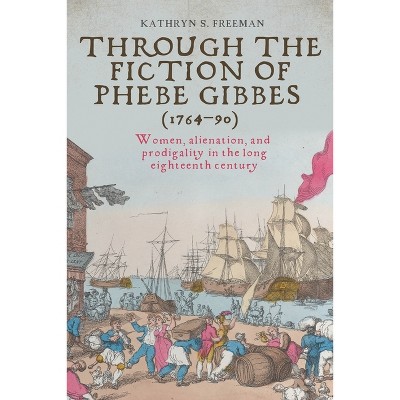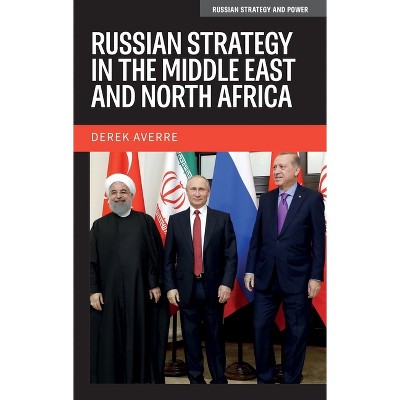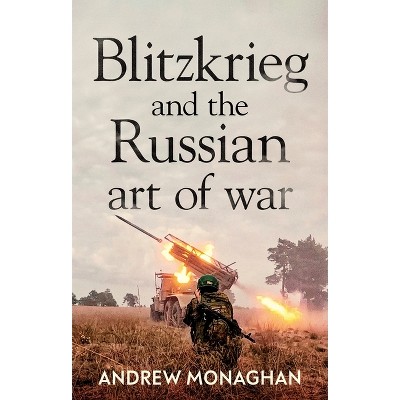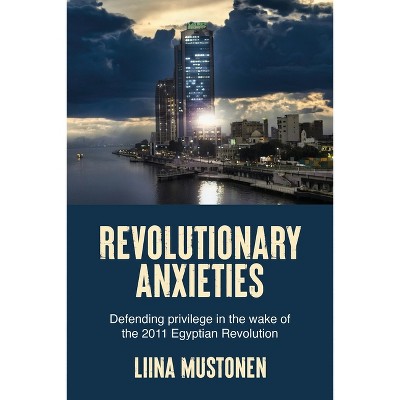About this item
Highlights
- African regional organizations have played leading roles in constructing collective conflict management rules for the continent, but these rules or norms have not been static.
- About the Author: Kathryn Nash is a Senior Lecturer and Chancellor's Fellow at the University of Edinburgh Law School
- 232 Pages
- Political Science, World
Description
About the Book
There was a profound shift in peace and security norms from the African Union (AU) to the Organization of African Unity (OAU). Prevailing explanations of this change focus on the post-Cold War period; whereas this book traces the emergence of norms from the OAU through to the AU arguing that they emerged from within Africa.Book Synopsis
African regional organizations have played leading roles in constructing collective conflict management rules for the continent, but these rules or norms have not been static. Currently, the African Union (AU) deploys monitors, authorizes peace support operations, and actively engages to resolve internal conflicts. Just a few decades ago, these actions would have been deeply controversial under the Organization of African Unity (OAU). What changed to allow for this transformation in the way the African regional organization approaches peace and security?
African peace examines why the OAU chose norms in 1963 that prioritized state security and led to a policy of strict non-interference - even in the face of destabilizing violence - and why the AU chose very different norms leading to a disparate conflict management policy in the early 2000s. Even if the AU's capacity to respond to conflict is still developing, this new policy has made the region more willing and capable of responding to violence. Nash argues that norm creation largely happened within the African context, and international pressure was not a determinant factor in their evolution. The role of regions in the international order, particularly the African region, has been under-theorized and under-acknowledged, and this book adds to an emerging literature that explores the role of regional organizations in the Global South in creating and promoting norms based on their own experiences and for their own purposes.From the Back Cover
African regional organizations have played leading roles in constructing collective conflict management rules for the continent, but these rules or norms have not been static. Currently, the African Union (AU) deploys monitors, authorizes peace support operations, and actively engages to resolve internal conflicts. Just a few decades ago, these actions would have been deeply controversial under the Organization of African Unity (OAU). What changed to allow for this transformation in the way the African regional organization approaches peace and security?
African peace examines why the OAU chose norms in 1963 that prioritized state security and led to a policy of strict non-interference - even in the face of destabilizing violence - and why the AU chose very different norms leading to a disparate conflict management policy in the early 2000s. Even if the AU's capacity to respond to conflict is still developing, this new policy has made the region more willing and capable of responding to violence. Nash argues that norm creation largely happened within the African context, and international pressure was not a determinant factor in their evolution. The role of regions in the international order, particularly the African region, has been under-theorized and under-acknowledged, and this book adds to an emerging literature that explores the role of regional organizations in the Global South in creating and promoting norms based on their own experiences and for their own purposes.Review Quotes
'By and large, the book adds to a growing literature on African agency in global affairs, with a special interest in peace and security norms. Given its methodological approach of combining research at the AU Commission archives with interviews of AU officials, the narrative is extremely detailed. The author also reminds her readers that institutional design is constantly in the making, which also extends to the underlying norms that govern contemporary African peace and security efforts. Finally, the book is well researched and is a pleasant read. Therefore, it is highly recommended not only to scholars of (African) regional organisations and norm diffusion and African agency but also to those interested in the history of the OAU.'
--Enrico Behne, Yearbook on the African Union, Volume 2 (2021)
About the Author
Kathryn Nash is a Senior Lecturer and Chancellor's Fellow at the University of Edinburgh Law School











